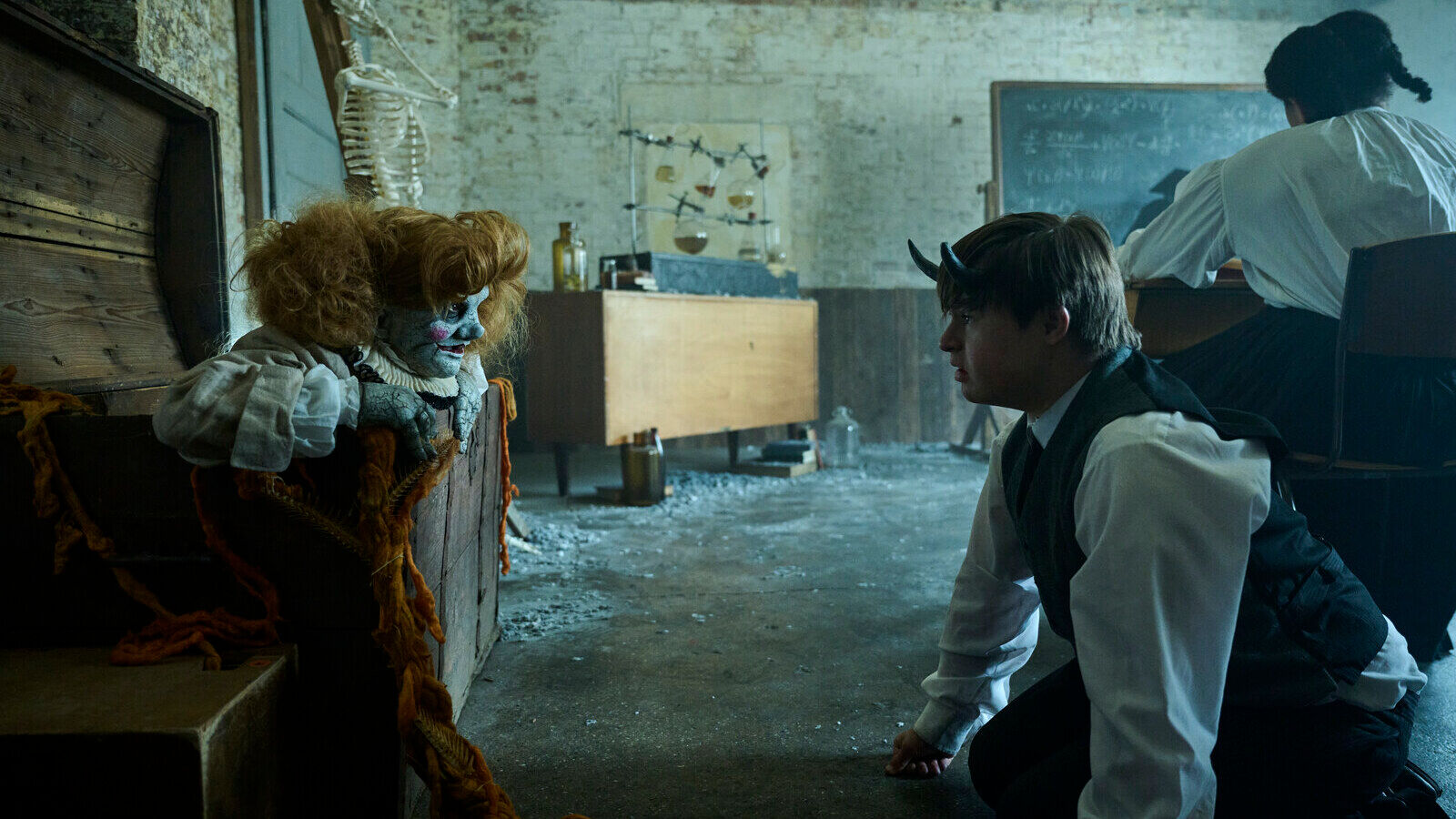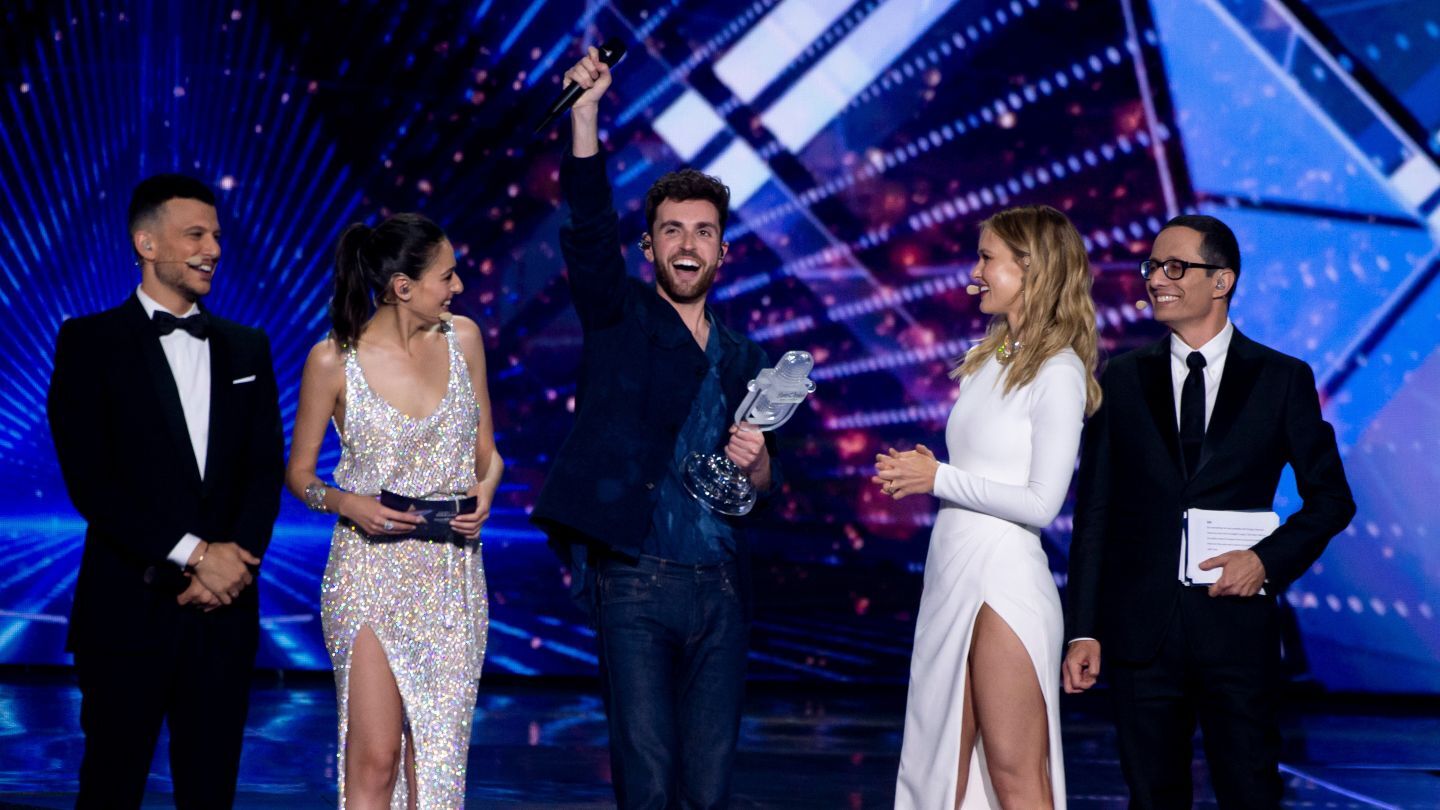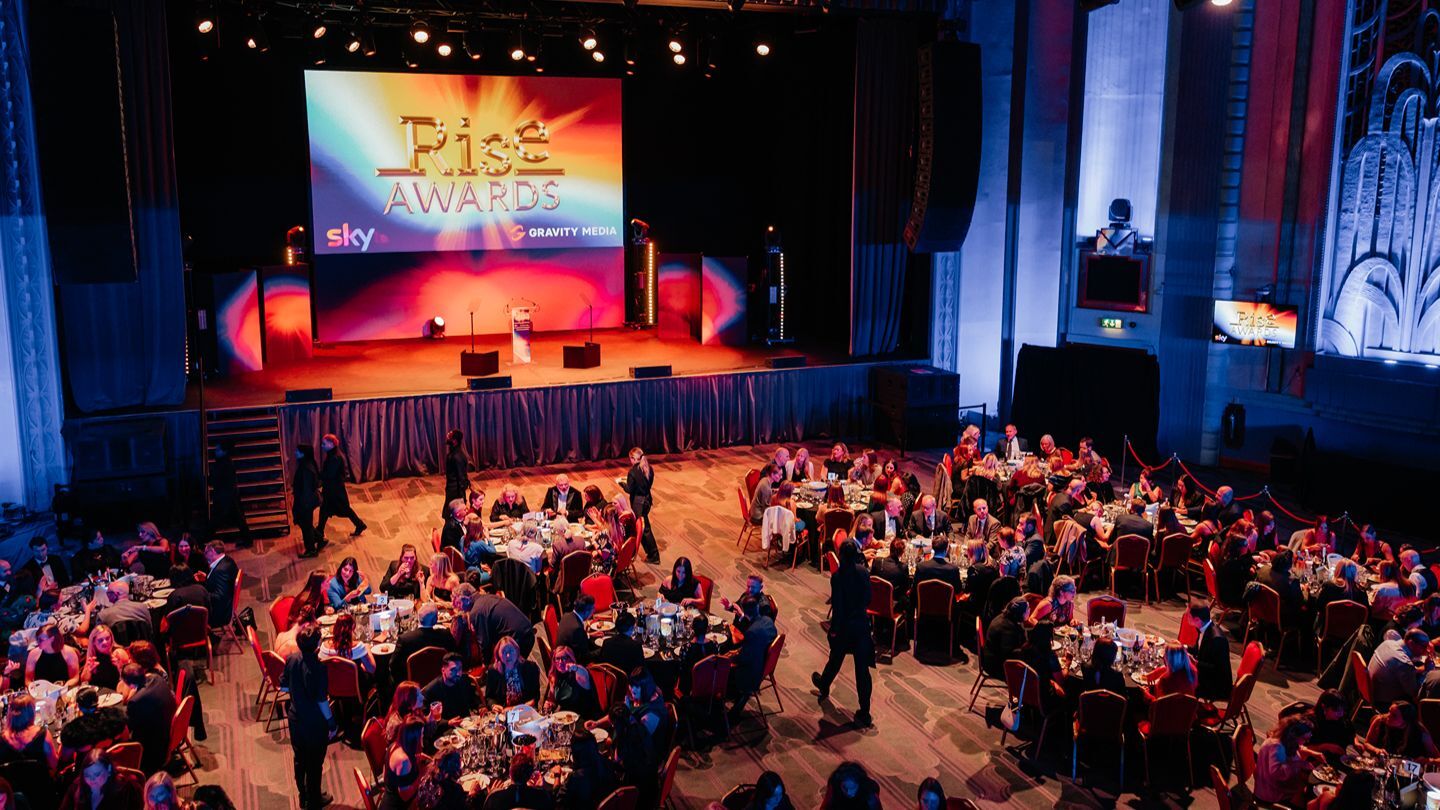Luke Seraphin, Head of Diversity & Inclusion, Sky Original Programming tells IBC365 that meaningful change is happening but full inclusivity is work in progress.
“We’re in an important moment for disability and inclusivity,” says Luke Seraphin, Head of Diversity & Inclusion, Sky Original Programming. “I think there’s a growing recognition that without disabled people in the room, producers won’t achieve authentic storytelling.”
At first glance, there appears to be greater visibility for the physically and learning disabled onscreen. In 2022, deaf performer Troy Kotsur won an Oscar for Coda and disabled actor Matthew Duckett played Sir Clifford Chatterley in Sony Pictures’ adaptation of Lady Chatterley’s Lover. UK indie Making Space Media landed a production deal with Reese Witherspoon’s Hello Sunshine for content centred on “the largest and most overlooked and misrepresented community on the planet.” New BBC Three sitcom Dinosaur is written by and starring Scottish comic Ashley Storrie who is autistic...
You are not signed in
Only registered users can read the rest of this article.
.jpg)
Jen Smith, CIISA: "Bullying, harassment, and discrimination are what stifle creativity"
Jen Smith, CEO of CIISA, details how her vision for the future will stem the M&E industry’s £1.8bn annual losses in productivity by rooting out harassment across all levels of the business’s uniquely fragmented structure.
Fremantle’s Jens Richter: “We want to make sure the AI knowledge is at every level”
IBC2025 Conference preview: Jens Richter, CEO of Commercial and International at Fremantle, will take part in a session that will delve into how Fremantle is evolving to stay ahead of a post-peak TV market by adapting financing models, strengthening partnerships, and utilising its long-running brands.
Mike Darcey: “Like trying to predict the impact of the internet from the standpoint of the ‘90s”
IBC Keynote preview: Media industry commentator Mike Darcey presents an alternative view of the M&E sector ahead of his IBC Keynote session on 14 September.
IBC Keynote: ABC’s Damian Cronan on harnessing AI “in the service of our staff”
For his keynote presentation, Damian Cronan from ABC will outline the ways in which the Australian public broadcaster is utilising AI as part of its digital transformation, writes David Davies.

IBC Conference: Tubi’s Blake Bassett on AI’s ‘exponential growth’ and creative assistance potential
Blake Bassett, Vice-President of Product at streaming service Tubi, will be among the panellists for the IBC conference session ‘Mythbusting AI: Demonstrating the Impact on the Bottom Line’, on 14 September.




.jpg)